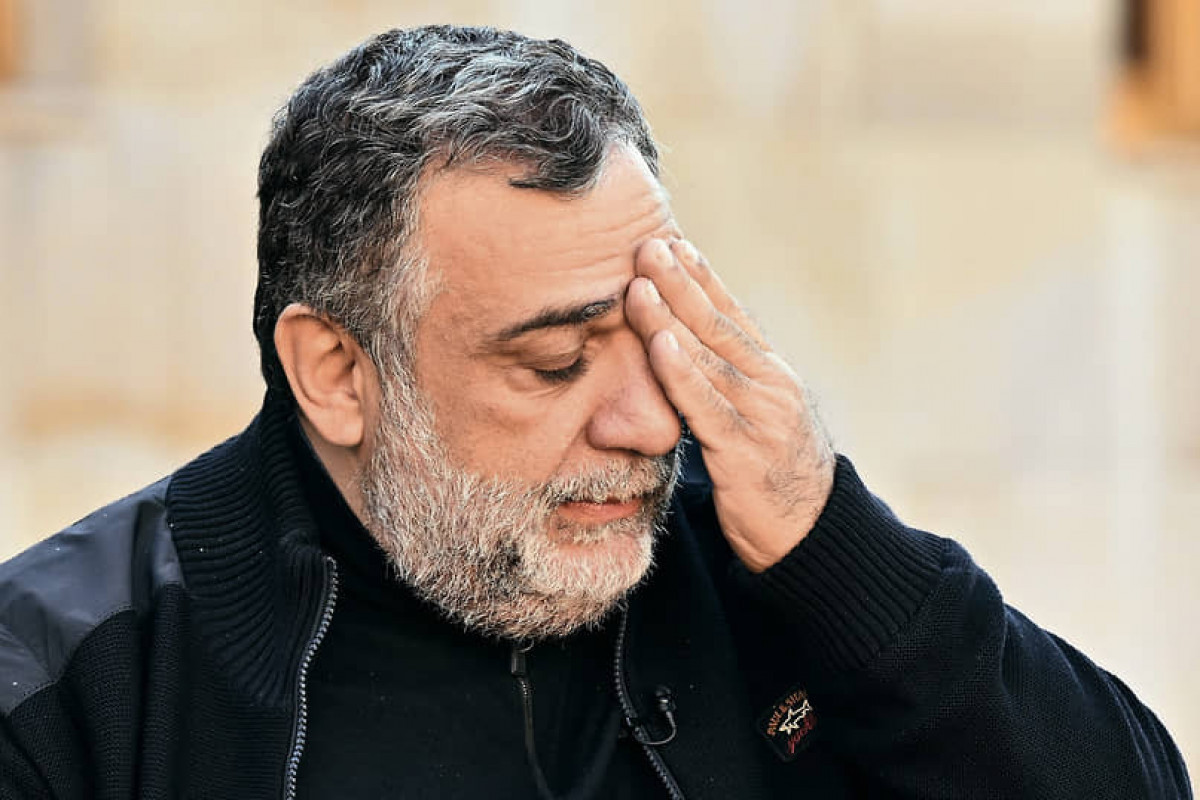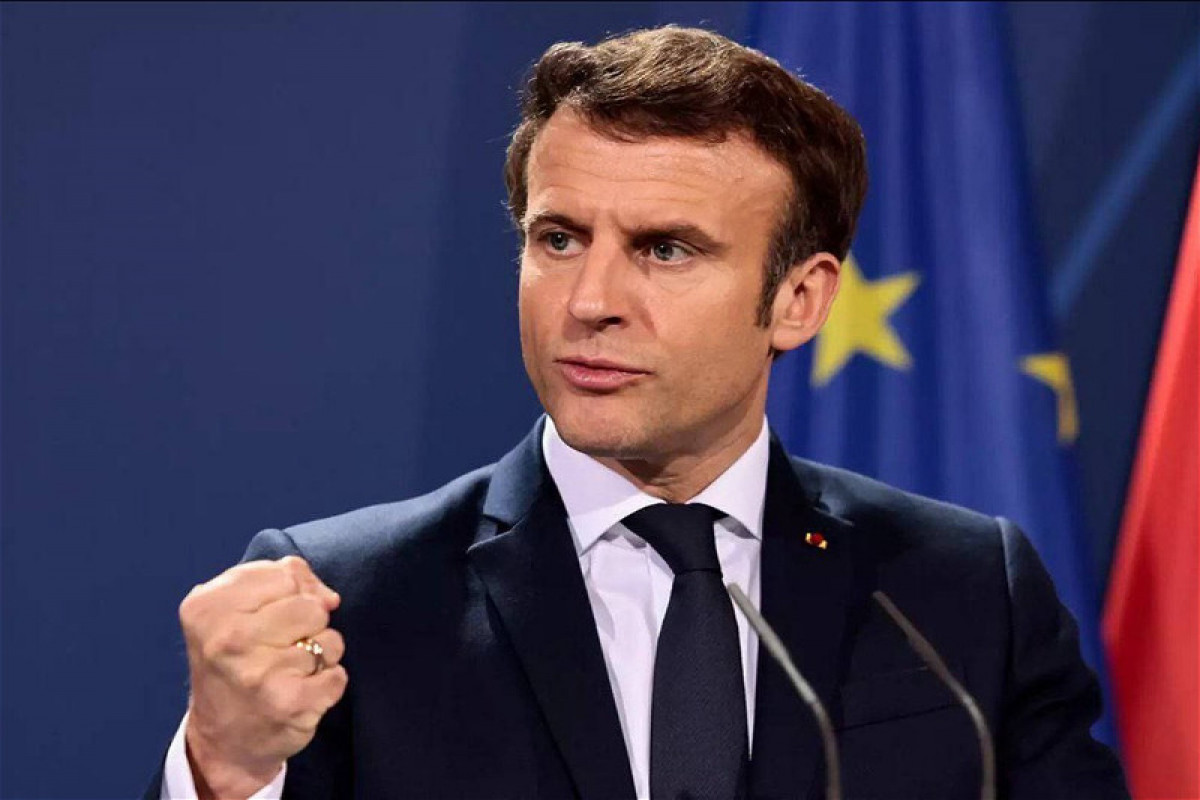They are trying in one way or another to link the current situation with the new conditions arisen from Russia-US relations, some of the ongoing processes in Azerbaijan not really affecting the interests of the US or with the reformation of the balance of power in the global political system.
First of all, it should be noted that Azerbaijan builds its relations with the US, Russia and other countries not in the format of joining unions but on the basis of mutual interests. For this reason, it is clear that the root of problem stems from US-Russia relations. Because Azerbaijan:
a) is not involved in any serious political project implemented by Russia,
b) is not a member of the Collective Security Treaty Organization,
c) has not joined the Eurasian Economic Union and the Customs Union,
d) continues to maintain traditional relations with Ukraine and Georgia despite their strained relations with the Kremlin,
e) actively participates in NATO-peacekeeping operations, plays a crucial role in the transportation of goods to Afghanistan and back,
f) has initiated projects that are of great importance for ensuring energy security of Europe,
g) has a policy of energy supplies to Europe through Georgia-Turkey,
Azerbaijan’s policy is not directed by the US. Azerbaijan pursues its policy based on its own national interests, and this policy also covers the current situation of relations between global powers. For this reason, it is groundless to relate the tension between Azerbaijan and the US to the Russian factor. Based on its own interests and national security, Azerbaijan
a) does not join the sanctions on Iran
b) unlike Ukraine, accession to NATO is not priority
c) does not take part in the campaigns against the legitimate government of Syria
If you look at the problem through the prism of US-Russia relations, it may seems that Azerbaijan’s foreign policy in one way or another is in contradiction with the interests of global powers. Azerbaijan pursues an independent and multi-vector foreign policy and takes steps in accordance with its own national interests. Analysis of Azerbaijan’s modern foreign policy allows us to say that our country is establishing and developing bilateral relations with all the actors of the international system and is also interested in balanced policy meeting its national interests. It is absurd and ridiculous to blame Azerbaijan for this policy, because if take ever-changing international relations into account, then regulating relations toward smaller countries on the basis of these principles is optimal.
What other factors may justify the US pressure policy against Azerbaijan? Let’s recall that unwarranted tension is much more apparent in Washington's policy toward Azerbaijan over the past six months. The question is, what problems that would undermine relations between the two countries and HAVEN’T BEEN SEEN SO FAR were observed in this period that affected the interests of the United States and forced Washington to spoil its relations with Baku? May the state of democracy be the real reason of WASHINGTON’S INADEQUATE POLICY TOWARD AZERBAIJAN? Such problems were also observed in the past, but did not lead to significant changes in Washington’s attitude toward Azerbaijan. On the other hand, the arrest of media and NGO representatives over charges of criminal offenses, and the closure of Baku office of Azadliq Radio (Radio Free Europe/Radio Liberty) funded by the US Congress were carried out in accordance with Azerbaijan’s legislation, and the question isn’t about waging a war against the interests of any state, but complying with the requirements of the law. Under the legislation, establishment of the offices of foreign media organizations in Azerbaijan is regulated by the interstate agreements. Though there is no agreement between Azerbaijan and the United States, the operation of Baku office of Azadliq Radio can be regarded as a gesture of Baku to Washington. In addition, Azerbaijan has the right to take legal measures against foreign media organizations, violating its domestic laws.
As for Azadliq Radio, violations of the law were detected in the activity of this media outlet, and it was clearly indicated in the statement of the Prosecutor General's Office. Ultimately, the US opposing to the implementation of the law and straining relations with Azerbaijan which has a strategic position seem quite strange. On the other hand, Azerbaijan builds relations with countries including the US on the principles of respect and non-interference in domestic affairs, calling on the partner countries to respect these principles. Unfortunately, the latter principle is constantly violated by the United States.
As mentioned above, the US has taken an inadequate approach toward Azerbaijan in recent years. Head of Political and Public Affairs Department at the Azerbaijani Presidential Administration Ali Hasanov made a statement on relations with the US, noting that bilateral relations between Azerbaijan and the US coincide and bear a character of partnership both in terms of national interests of the two sides and in the international arena: “The two countries continue bilateral relations on key issues of common interest as well as cooperation and partnership on a global scale, and mutual relations are quite intensive. I think these factors will define the future trend of relations between our countries.” As can be seen, the Azerbaijani side has no interest in straining relations with the US. Quite the contrary, Azerbaijan stresses that there are many grounds for further development of these relations. Considering Baku’s foreign policy, the US had to equally respond to these statements by Azerbaijan. But unfortunately, Washington has so far made no statements that would match the nature of its relations with Baku.
However, in fact, it had to be otherwise because Azerbaijan is of the countries that fell victim to the policy pursed by US. Having suffered a lot from the Nagorno-Karabakh conflict for years, Azerbaijan has now become a target for the policy of double standard pursued by countries responsible for the settlement of this conflict as well as the US. Too much loyalty to aggressive Armenia, material support to the separatist regime in occupied territories, and even political support sometimes (reception of regime leaders in Washington, the creation of a friendship group with Nagorno-Karabakh at the Congress, etc.) are purely a double standard, and it also means a blow to Azerbaijan’s interests.
Despite the US policy toward Azerbaijan inflicting damage to both sides, Baku has always borne patience, while Washington’s approach does not correspond to this patience and relies on double standards as usual. We should also keep in mind that Azerbaijan is one of the countries that are suffering from the oil-cheapening game played by the US to bring down Russia and Iran.
As can be seen, Baku’s position has evoked no specific reason for the US policy which is based on psychological pressure on relations with Azerbaijan. If so, this policy of Washington can be understood as recreation of the international system and a process of return to bipolar world order. The balance of powers is being redistributed in the world, and supporters of this process desire to see as many countries as possible on their side. All ongoing processes in the Middle East, the post-Soviet zone, and Europe are based on this factor. But unlike the cold war period, it’s now hard to divide the world into two poles. The world’s tightly integrated system and the growing scale of globalization do not allow sharing countries as “mine” and “yours” (that is the reason the primary US allies in the Middle East – Saudi Arabia and gulf countries – too were seriously affected by the oil-cheapening policy along with Russia and Iran).
As you can see, the pressure police of the US and its attempt of gathering as many states as possible together, which goes back to old methods of the cold war period, is also likely to produce a boomerang effect. Therefore, the resentment of countries pursuing an independent policy and protecting their interests over this economic, political, and psychological pressure is quite understandable. The world today is not the one in which the big would play big games and the small would play small games. That is what Washington needs to take into account in its foreign policy. Otherwise, without proper assessment of possible consequences, Washington would damage its own interests with the policy of attracting all states to its side by applying the same formula. This policy would at least gather countries around the opposite side. Washington is well aware that it would be the worst outcome for it. The US needs to take into account that exerting pressure on neutral countries would bear negative results and make some corrections to its policy. In the first place, for its own interests…
Vugar MASIMOGHLU, APA Analytic Center



 ANALYTICS'>
ANALYTICS'>


